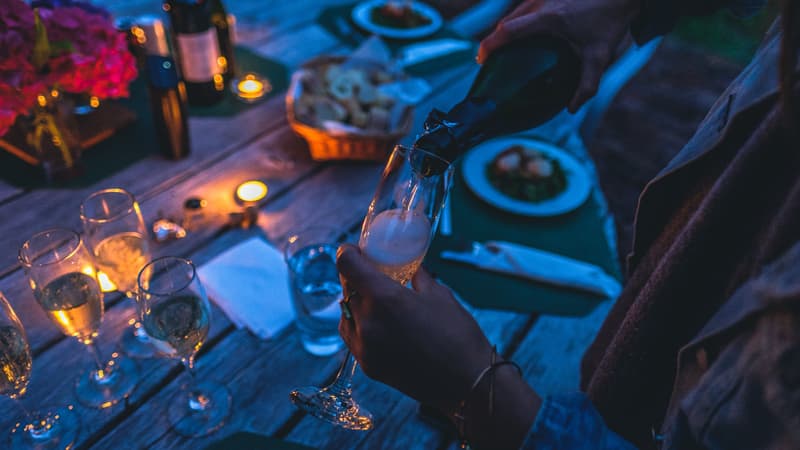Photos in the sun, cocktail glass in hand and captions always full of ecstasy: “We enjoy the pleasures of life” or “We prolong the pleasure of a good Spritz even at this time of year”. Today’s influencers are increasingly involved in advertising (hidden or not) for brands of alcoholic beverages.
A practice that calls into question its legality, particularly in relation to Evin law. This law regulates, among other things, the promotion of alcohol. Television and movies, for example, are prohibited from advertising brands of wine, spirits, and other strong alcohols. Until 2009, advertising for alcoholic beverages was also not allowed on the Internet. But a change in the law now allows promoting alcohol online, except on sites aimed at young people or dedicated to sports and physical activity.
highly structured content
In fact, the promotion of an alcohol brand is possible on social networks, but under very strict conditions. In particular, the influencer must indicate the legal notice “Alcohol abuse is dangerous to your health, consume in moderation” in the caption of his publication or in his story.
Like all advertising on social networks and in accordance with the law for confidence in the digital economy, the influencer must also place the mention “Advertising” or “Sponsored” in their content. The ARPP specifies in its best practice guide for sponsored posts that the mention “Ad” is not recommended because it is difficult to understand for non-English speakers.
Where the law is more imprecise is in the content of the sponsored message. The Addictions France association indicates on its website that advertisements related to alcohol should only include objective information about the product: degree of alcohol, origin, composition, etc.
Therefore, a content creator cannot promote alcohol in the context of parties, holidays or happy moments. This ostensibly limits the possible contents. “Officially, we can advertise alcohol, but unofficially, almost 100% of the content can be challenged by law,” says Franck Lecas, legal manager at Addictions France, who expects an evolution of Evin laws and trust in the digital economy. . to counter “the profusion of alcohol-related content”
What about “food influencers”?
Some influencers who specialize in cooking or cocktail recipes also have the opportunity to partner with spirits brands and generally post content that highlights certain beverages. Again, the content may, in fact, be considered illegal.
The lawyer specifies above all that the association has as its objective above all prevention rather than punishment, although it is difficult, according to him today, to achieve its goals without legal proceedings.
On Instagram, it’s now possible to report content for “selling illegal or regulated products” such as alcohol, but these reports are often to no avail. Proof of this is the recent court ruling on Meta and Instagram, which forced the removal of dozens of content related to the advertising of different brands of alcohol.
Source: BFM TV


